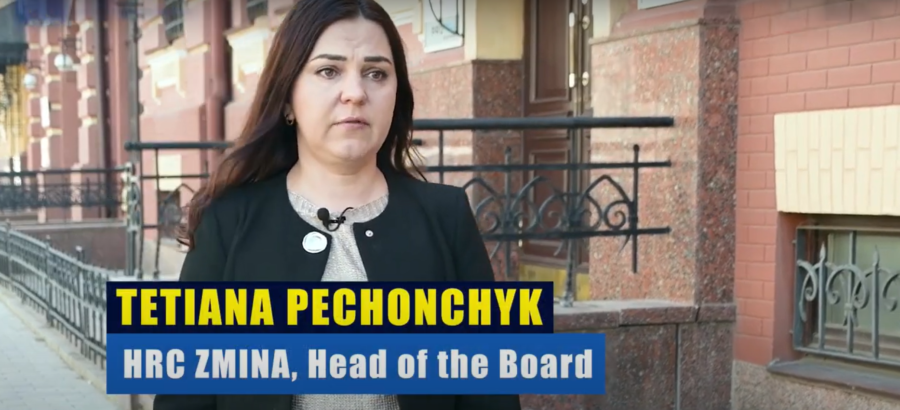Why supporting Ukrainian civil society matters – stories from our local partners
In May 2024, the Netherlands Helsinki Committee (NHC) successfully completed the “Resilient Civil Society and Media Respond to the Ukraine War” project. Funded by the European Union, we carried out this initiative in collaboration with People in Need and the Prague Civil Society Center. The project was launched shortly after Russia’s full-scale invasion of Ukraine in 2022, which severely jeopardized the operational space and existence of civil society organizations (CSOs) dedicated to human rights protection in Ukraine.
Despite the immense challenges, many Ukrainian CSOs continued their work, though often in a constant state of crisis. Their primary focus shifted towards urgent activities such as providing humanitarian aid to affected populations and documenting war crimes. However, this shift made it increasingly difficult for these organizations to sustain their regular activities, such as monitoring attacks on human rights defenders (HRDs) and advocating for specific human rights issues.
Recognizing the critical need for support, the project aimed to help these CSOs survive and build resilience during this emergency. By offering flexible organizational support, the NHC sought to provide these organizations with the necessary “breathing space” to continue their vital work amidst the ongoing war. In total, the project supported 29 organisations across Ukraine, which include prominent CSOs, as well as smaller regional organisations and grassroots movements.
Below, we highlight stories from some of our Ukrainian partners who received grants through this project, demonstrating the significant impact that even modest support can have for Ukrainian civil society.
…
Human Rights Centre ZMINA has significant experience in information campaigns, educational programs, and the monitoring and documentation of human rights violations. Following Russia’s full-scale invasion of Ukraine, ZMINA shifted its efforts to documenting war crimes committed by Russian forces and advocating for justice for victims of Russian aggression, which also involves conducting field missions and providing legal aid. The project helped the organisation to arrange a strategic session for 13 team members, resulting in the development of new advocacy approaches and internal coordination strategies. Additionally, the grant supported the production of an analytical report based on testimonies from those detained in Kupiansk during the occupation, which is being used for national and international advocacy.

Video: Supporting Resilience of Ukrainian CSOs | Human Rights Center ZMINA
This article was produced with the financial support of the European Union. Its contents are the sole responsibility of the Netherlands Helsinki Committee and do not necessarily reflect the views of the European Union.
Source: Netherlands Helsinki Committee
If you have found a spelling error, please, notify us by selecting that text and pressing Ctrl+Enter.















